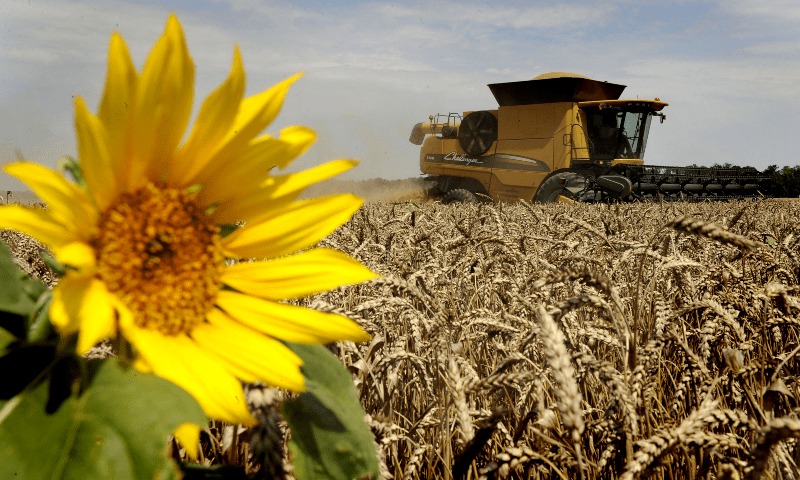In a groundbreaking announcement during a joint press conference with Turkish President Recep Tayyip Erdogan, Russian President Vladimir Putin revealed that Moscow is on the verge of providing free grain to six African nations within a mere two weeks. This unprecedented move comes as Russia scraps a critical deal that previously permitted Ukrainian food exports through the Black Sea. The discussions in the picturesque resort city of Sochi between the Russian and Turkish leaders revolved around the potential restoration of the original Black Sea grain agreement, shedding light on an intricate diplomatic situation.
New Proposals and Unresolved Demands
Despite the ongoing diplomatic efforts, President Putin remains steadfast in his stance regarding the Black Sea grain deal. Erdogan conveyed that Turkey and the United Nations had crafted fresh proposals designed to address Russia’s concerns regarding the agreement. He expressed optimism about reaching a mutually agreeable solution in the near future. Nevertheless, Putin emphasized that Russia would only reconsider the landmark accord when its demands were met.
Transitioning to the plan for grain shipments to Africa, President Putin provided insight into Moscow’s strategy, saying, “We are nearing the finalization of agreements with six African nations, where we intend to provide foodstuffs free of charge, even covering the delivery and logistics expenses. Deliveries are set to commence within the next couple of weeks.”
The Possibility of Restoring the Black Sea Grain Export Deal
In a surprising turn of events, President Putin indicated Russia’s willingness to engage in discussions aimed at restoring the crucial Black Sea grain export deal. The initial UN and Turkey-brokered agreement, designed to ensure safe passage for civilian ships navigating the Black Sea, had disintegrated after Russia withdrew its participation in July.
During the opening remarks of their meeting, President Putin expressed his openness to negotiations on the matter. Erdogan added that the message delivered during their press conference would hold great significance globally, particularly for underdeveloped African nations eagerly anticipating the grain shipments.
Strengthening Bilateral Relations and Trade Aspirations
Highlighting the broader diplomatic ties between Russia and Turkey, Erdogan mentioned that his government aims to elevate annual trade with Russia from $62 billion to an ambitious $100 billion. He voiced support for Moscow’s initiative to shift a portion of this trade into local currencies, emphasizing the importance of such a move in strengthening bilateral relations.
This meeting between the leaders marked Erdogan’s first face-to-face encounter with President Putin since his re-election in May, signifying the enduring and evolving relationship between their countries. The backdrop of this diplomatic engagement is the persistent endeavor by NATO member Turkey to resurrect a UN-backed agreement that facilitated safe grain passage from three Ukrainian Black Sea ports, a deal that crumbled when Russia withdrew its participation in July.
Turkey, in its unique diplomatic position, has successfully maintained amicable ties with both Russia and Ukraine throughout the ongoing war. The grain agreement, which once served as a potential catalyst for peace talks between Moscow and Kyiv, continues to be a significant point of discussion in the evolving geopolitical landscape.
In the coming weeks, the eyes of the world will be on Russia as it embarks on this monumental endeavor to provide free grain to six African nations while simultaneously navigating the complex diplomatic waters of the Black Sea grain export deal. The outcomes of these initiatives hold the potential to reshape regional dynamics and strengthen global alliances.















